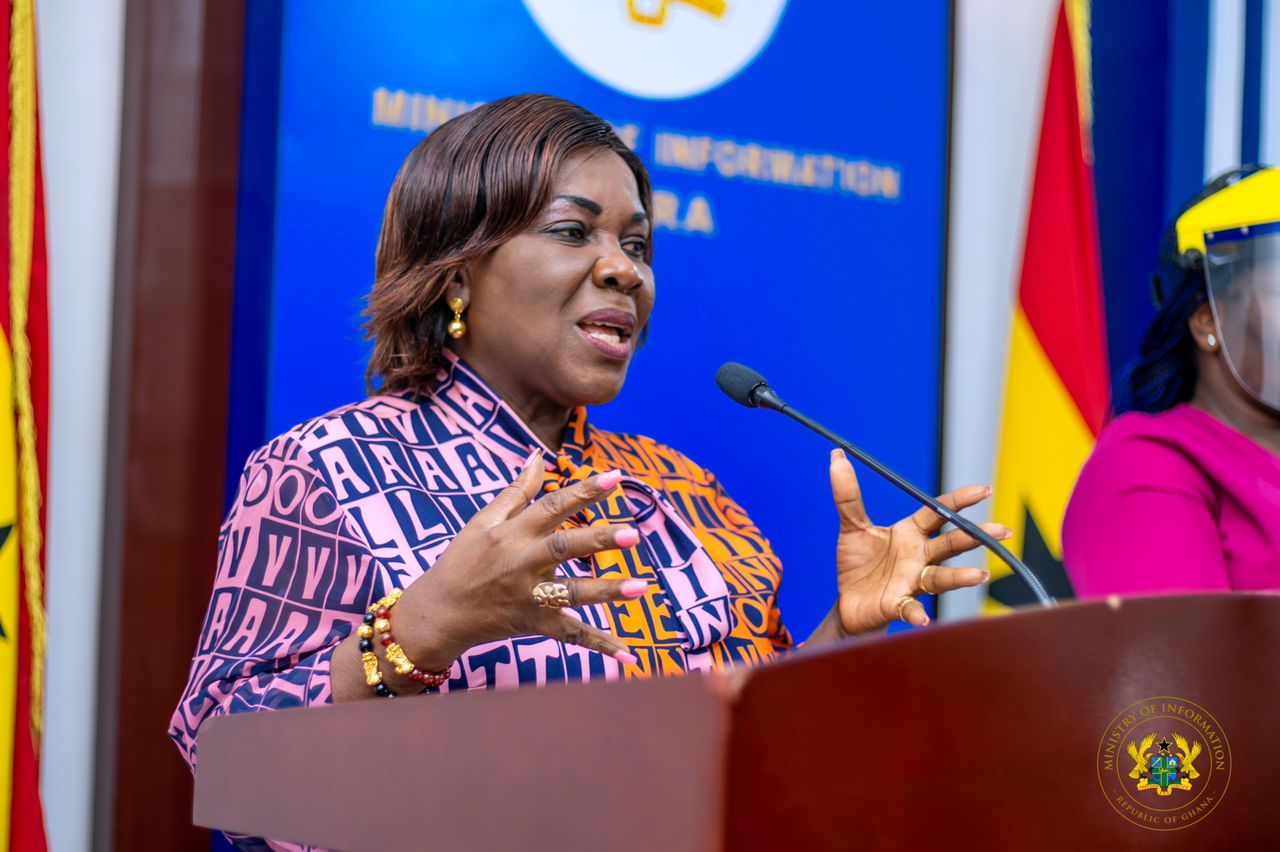For decades, luxury high-rises and sprawling estates around the world have served as glittering facades for the shadowy work of money launderers, drawing in illicit cash from drug cartels, corrupt officials, and fraudsters alike.
In Ghana, a West African nation long celebrated for its stable democracy and economic promise, the real estate sector — once a symbol of middle-class aspiration — is quietly morphing into a similar haven.
A report from Global Financial Integrity, a Washington-based watchdog group, lays bare the scale of the problem. Between 2014 and 2023, at least $48.8 million in dirty money coursed through Ghanaian property deals, according to an analysis of 16 major cases involving 24 properties and 510 acres of land.
The findings paint a picture of a market warped by weak oversight, brazen corruption, and the unregulated allure of cryptocurrencies, turning Accra’s skyline into a billboard for financial crime.
The epicenter of this paradox lies in the Greater Accra Region, where 87.5 percent of the suspicious transactions unfolded. Here, amid the city’s frenetic construction boom, perpetrators have mastered a toolkit of deception: shell companies to mask ownership, nominee buyers to obscure identities, and suitcases of cash to evade paper trails.
Politically exposed persons — those with ties to public office — loom large in many of the scandals, their influence amplifying the risks.
The Mechanics of Deception
The report, titled “Ghana’s Open Secret: Why Dirty Money in the Real Estate Sector Is a Reality, Not a Myth,” dissects the schemes with forensic detail. One common ploy involves setting up sham businesses that lure investors with promises of outsized returns, only to siphon the proceeds into prime real estate.
The 2018 Menzgold scandal exemplifies this: Nana Appiah Mensah, the flashy CEO known as NAM1, allegedly defrauded thousands of Ghanaians of their savings through a gold-trading Ponzi scheme. Millions from the fraud reportedly flowed into high-end properties, leaving victims destitute while enriching a network of enablers.
Nominee purchases add another layer of opacity. Relatives, aides, or low-profile associates often front the deals, shielding the true beneficiaries.
In one high-profile instance, aides to Cecilia Abena Dapaah, Ghana’s former minister of sanitation and water resources, were accused of snapping up multiple luxury homes with unexplained cash hauls totaling over $1 million, seized during a 2023 police raid.

Ms. Dapaah resigned amid the uproar, but the case underscored how proximity to power can grease the wheels of laundering.
Land grabs, too, have become a vector for graft.
Kwadwo Owusu Afriyie, known as Sir John and the late chief executive of Ghana’s Forestry Commission, was linked to dubious acquisitions of pristine public lands, including portions of the Achimota Forest Reserve and ecologically sensitive Ramsar wetlands.
His death in 2020 did little to halt investigations into deals that allegedly funneled illicit gains from timber corruption into vast acreages.
Cryptocurrency’s Digital Cloak
Compounding these vulnerabilities is Ghana’s embrace of digital currencies, which the report flags as a “new threat” in an already porous system.
The country ranks among the world’s leaders in cryptocurrency ownership, with surveys showing adoption rates exceeding 15 percent of adults.

Yet the Bank of Ghana has steadfastly refused to recognize cryptocurrencies as legal tender, leaving transactions in Bitcoin or stablecoins in a regulatory blind spot.
“This introduces unprecedented anonymity and speed,” the report warns, noting that without oversight of virtual asset service providers, criminals can convert dirty funds into property faster than ever, bypassing traditional banking scrutiny.
Laws on the Books, Gaps in Enforcement
Ghana is no stranger to the rhetoric of reform. Parliament has passed a suite of measures, including the Anti-Money Laundering Act of 2020, the Real Estate Agency Act of the same year, and the Companies Act of 2019, all aimed at staunching illicit flows.
On paper, they mandate transparency: beneficial ownership disclosures, bans on cash deals over certain thresholds, and mandatory reporting of suspicious transactions.
In practice, however, the system falters. The Real Estate Agency Council, tasked with licensing agents and policing the market, was inaugurated in 2022 but has yet to issue a single license.
Cash remains king in many deals, flouting prohibitions under Act 1047.

Beneficial ownership registries are riddled with errors or omissions, and suspicious transaction reports from the sector are vanishingly rare — just two were filed between 2016 and 2019.
“This is a regulatory system that exists more in theory than in reality,” said Tom Burgis, an investigative journalist and author of books on African finance, who has covered similar scandals.
“Ghana’s real estate boom is fueled by legitimate growth, but without enforcement, it’s also a magnet for the world’s dirty money.”
A Call for Overhaul
The report urges a multipronged fix to reclaim the sector. Top priorities include fully activating the Real Estate Agency Council to license agents and consolidate oversight; enforcing beneficial ownership verification at every property closing; and mandating public disclosure of assets for politically exposed persons both upon taking office and after leaving it.
On the crypto front, it calls for dedicated rules governing virtual assets and service providers, including routine risk assessments and transaction monitoring.
To encourage whistle-blowing, real estate professionals should receive legal protections for filing reports, and the beneficial ownership registry must be digitally linked to land records for real-time tracking.
This article was edited with AI and reviewed by human editors





